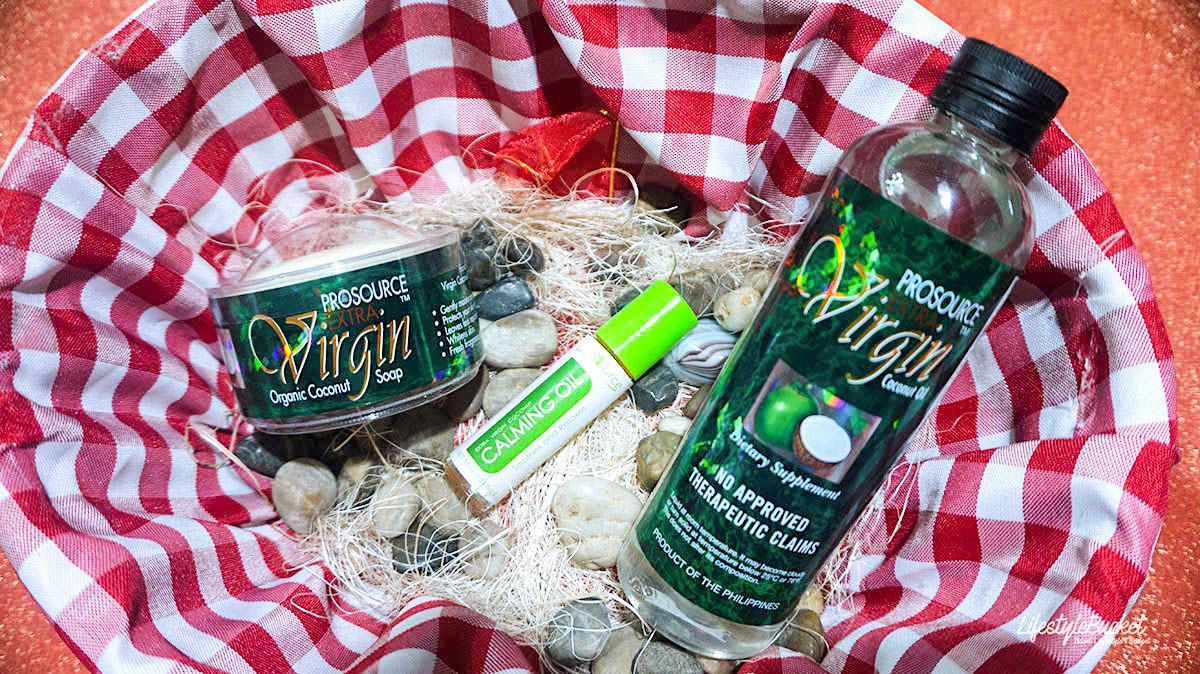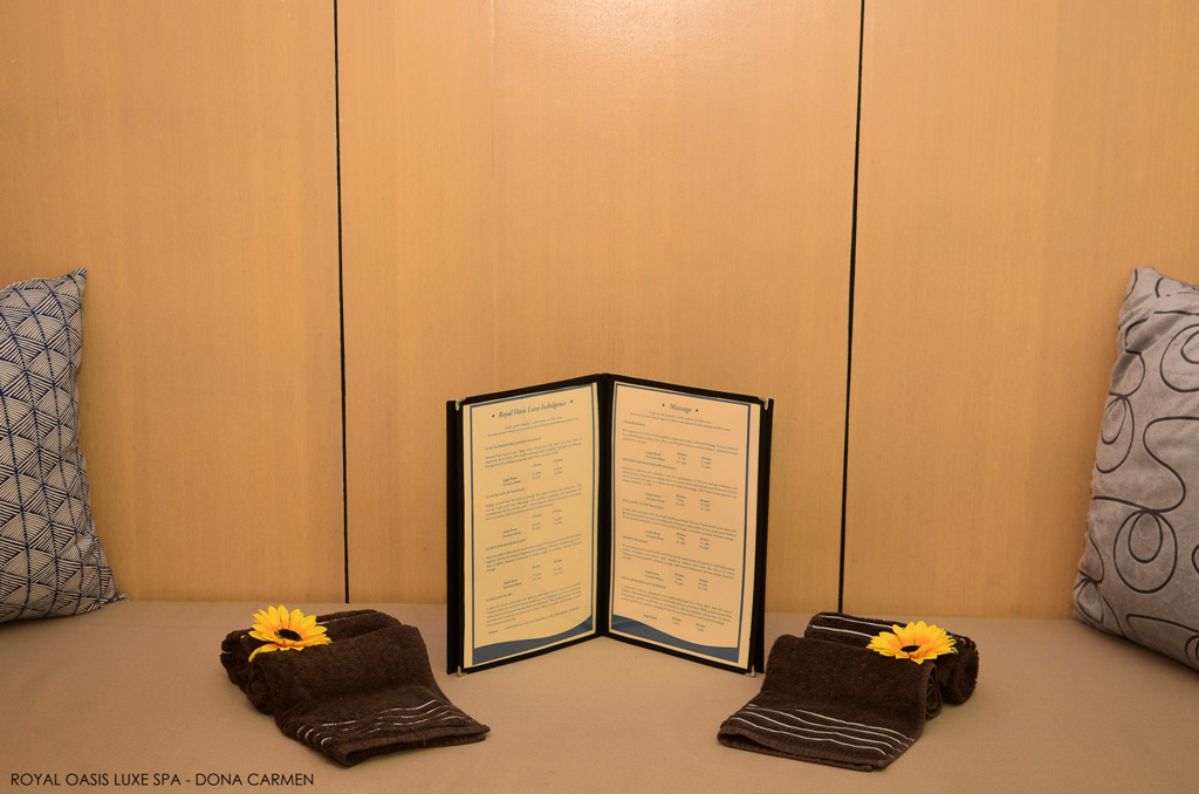A student can only show he or she truly learned what was taught of him, once he applied his all learnings.
And this is what happened to Felix Tan who was once a student in another organic farm in La Trinidad, Benguet is now a full time organic farmer himself in his own farm, Garden of Life.
Felix started his venture into organic agriculture in 2005 after learning the ropes from Pat Acosta of Master’s Garden. (see How Master’s Garden look like)
He was a consultant of alternative medicine. Lots of times, he was asked of supplies for the alternative medicines he recommends, however, not having any farms before, the best he can do is just recommend a store.
Thus, his move to organic farming. First, he believes on the medicinal properties of plants, plus, he himself wanted to live a healthier life – independently.
Felix Tan is currently working on an effective land area of 1,500 square meters in La Trinidad, Benguet.
While Felix has many vegetables, particularly, salad vegetables, he emphasized that he alternately puts medicinal plants into his farm. This is not surprising since, he is into alternative medicine. But another reason for this is that, Felix Tan observed that it is better to put different plants after each block.
This is the practice in Garden of Life since it naturally creates “pesticide and insecticide” for different plants. Because some pests maybe attracted to one plant, but might be irritated by another. Thus, Felix Tan multi-crops his plants thus, making pests stay shorter than expected since it is irritated to a certain plant within the farm.
This, Felix Tan said, should be practiced in other farms to make sure lesser pests and insects.
His property, which is overlooking the south china sea, is home now to many local and foreign medicinal plants.
Felix Tan gave quick facts on some of the available plants during the farm visit. He noted that eating raw vegetables and fruits is the best, since it is still on its best form than when cooked.
Going around his farm, it is noticeable that though vegetables dominate the area, in terms of volume, but in terms of variety, it seems that the Garden of Life is dominated with medicinal plants.
One of which is the wheatgrass. Now popularly known for its curing power against cancer. Felix said that both cancer-stricken individuals and cancer-free people can drink wheat grass. Although, people with cancer are recommended to drink more of it.
Grass, Tan said, gives better protein to humans without any added risk. In fact, Felix added, grass has 40 percent protein, while meat (finest already) can only give 20 percent for people consuming it.
Only, wheatgrass, he noted, cannot be taken or eaten directly by humans. Because, humans won’t be able to digest the fiber that wheatgrass posses. Thus, we need to juice it for us to consume it.
Each kilogram of wheatgrass now cost around Php 700.
Ashitaba, a natural alternative to viagra, is a japanese plant that is good for blood circulation. It is also known to cure a lot of diseases since Ashitaba promotes good blood flow, allowing natural way for various particles in a human body to move better through bloodstreams.
Serpentina, a bitter-taste plant, is good for diabetes and fever.
Rosemary, a popular garnish and ingredient for fine dishes, he said costs around Php 1,000 per kilogram now in the market. He added that it is one of the plants anyone can grow for own consumption or for retail.
Though, Felix Tan may have highlighted much of his medicinal plants, he reiterated what any organic farmer would say, that in order to produce better crops, a farmer has to take care of the compost first to properly nourish the soil and good crops will follow.
He said that in their case, they harvest grasses freshly and put it in a dry place. After couple of days to pile it up and down to make sure that the natural heat that the decomposition of the grass will take place properly.
Felix Tan said that there are natural enzymes that breakdown the grass properly into best form of compost. And to make sure that these enzymes live to take care of the grass they turn around the grass once in a while to maintain a 40-degree-centigrade. Beyond 40 degrees, the good enzymes will die and bad enzymes will come in, “defiling” the compost.
Garden of Life also uses earthworms to make compost – or generally called as vermicompost.
And though, it may seem that Felix Tan learned a lot of what he applies from mentor Pat Acosta, but just added more medicinal plants.
The good thing about it is that, Felix can produce both high-value food and medicines from the crops he grows.
I think that if given the opportunity, I would do the same.
How about you, would you add medicinal plants to your farm? Or just stick to organic vegetables and fruits for your consumption?
Will wait for your thoughts either comment here or on my Facebook, Google + or Twitter.
You can also post comments, suggestions or questions below.
RESOURCES’ CONTACT INFO:
For more information about Garden of Life or you want to learn go into organic agriculture, you may also visit the Agricultural Training Institute at:
Website http://ati.da.gov.ph/
Facebook: https://www.facebook.com/ATIinteractive
Twitter: https://twitter.com/pinoyeXtension
Phone
1800-10-982AGRI (or 1800-10-9822474) – for provincial toll-free calls
02-982-AGRI (or 982-2474) – for Metro Manila
0920-946AGRI (0920-9462474) for mobile calls
Text:
391DA (or 391-32) for Smart and Talk ‘N Text subscribers
0920-946AGRI (0920-9462474) for Globe, TM and Sun Cellular subscribers














